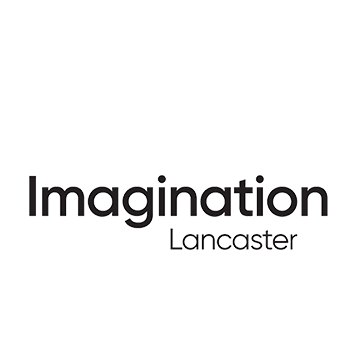Leapfrog: Improving a million creative conversations
We want 1 million people to directly benefit from new adaptations of Leapfrog tools by unlocking the potential for practitioners across the UK and beyond to work at new scales. We will build on the success of the Leapfrog project by working with new public and third sector partners to help them engage with large groups. This will range from community meetings with hundreds of people through to some interactions that will have over 100,000 people using an adapted Leapfrog tool in a design week. To do this we will use co-design to collaboratively create and adapt Leapfrog tools with our partners, giving them tailored resources to support their work, and producing shareable tools available freely worldwide.
Amongst the many challenges faced by the public sector at this time, there is a growing need to meaningfully involve more and more citizens, service users and communities in the difficult decisions that affect them. Scaling Up Leapfrogresponds to this need by enabling our partners to directly taking on the challenges that surround engaging hundreds of thousands of people in meaningful, creative dialogue. With our partners we will co-design Leapfrog tools to support engagement with people at a time, a significant shift in scale from common engagement practice that generally engages ten or twenty people at a time. We will also collaborate with our partners to unlock new scales for parallel engagement, producing Leapfrog tools that help form connections between multiple events in a single initiative.
Our partners range from those in public health (Morecambe Bay Clinical Commissioning Group), to national charity networks (Food Power), international design networks (World Design Weeks Network) and museums (Victoria and Albert Museum). These partners each seek to enable their staff perform effective, creative engagement with an increasing number of participants. For some of our partners this is driven by a desire to make a population more health and to develop a social movement to that end, engaging with the most disadvantaged people and helping their voices have an effect in decision-making or to help eradicate food poverty by drawing on the expertise of people living in food poverty. We also have ‘reach partners’ who are working with very large numbers of people (e.g. Milan Design Week had over 400,000 attendees in 2018), we will work with the heads of 10 design weeks to develop new tools to help them engage with their audiences en-mass. We will use co-design to collaboratively design and test ways of enabling these new scales of engagement for our partners, giving them direct value during the project, and on-going value as new practices and resources becoming part of their organisational vocabulary.
Our approach to the co-design of tools is exemplified in a stream of work from the current Leapfrog project (2015-2018) We co-designed with 20 librarians to help make this transition a more positive experience. Being led by them, together we developed a range of tools to help new teams form and function effectively. In Scaling up Leapfrog, one could imagine a tool to adapted from the Librarians ‘New team tools’ to help people explore the contents of a design week collaboratively, this could be incorporated into the tickets created for the design week. Its very important to note though, our experience is that the real insights come from actually co-designing with partners, the real outcomes of the co-design process are likely to be unexpected and all the more innovative for that.
The new practices, tools and resources and that are produced through co-design with our project partners will also have relevance across a diverse range of organisations, sectors and contexts. All the tools produced by the project will be shared freely through the Leapfrog website (www.leapfrog.tools), building on a library of free, resources available (and used) worldwide.
